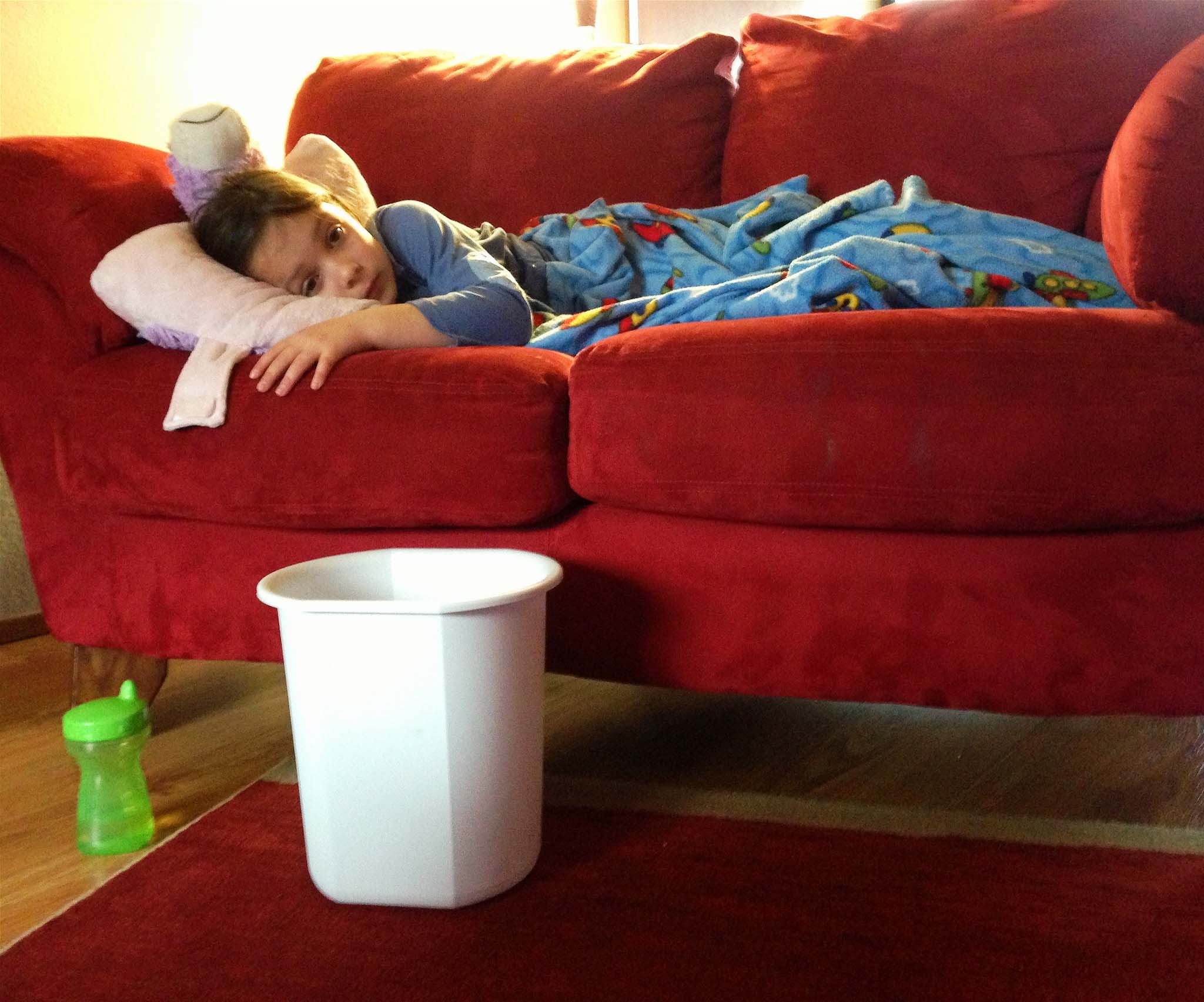Long Covid-19 is a new condition that is still being studied, and its most common symptoms include loss of smell, fatigue, and shortness of breath.
The majority of those suffering from the symptoms of Long Covid some 12 months after their diagnosis will most likely still experience symptoms up to 18 months, a new study finds.
Although most Covid-19 sufferers fully recover, it is estimated that 10–20% go on to acquire what is now referred to as “Long Covid.” Numerous short- and long-term symptoms, including exhaustion, dyspnea, and lack of concentration, are associated with the condition.
However, the most common symptoms of Long covid are extreme tiredness (fatigue), shortness of breath, loss of smell, and muscle aches.
The research was based on a sizable sample of 33,281 people from Scotland who had coronavirus positivity tests. The majority of the findings agree with those of the earlier, smaller research.
Most of the 197 survivors of symptomatic SARS-CoV-2 infections who participated in surveys at 12 and 18 months reported continuing symptoms at both intervals, according to research published in Nature Communications.
In a year, there was an 11% non-recovery rate, followed by a partial recovery rate of 51% and a full recovery rate of 39%.
At 18 months, the rates were 11% with no recovery, 51% with partial recovery, and 39% with complete recovery.
Asymptomatic infections were not linked to Long Covid, but of the 31,486 patients with symptomatic infections, nearly half reported still having some residual symptoms six to 18 months after their infection.
Over the course of the following year, 3,744 patients with symptomatic illnesses completed two surveys. At six months, 8% reported no improvement, 47% reported moderate improvement, and 45% reported full improvement.
By 12 months, those percentages had hardly altered, with 8% claiming no recovery, 46% partial recovery, and 46% full recovery.
At the most recent follow-up, one in 20 patients with a symptomatic infection stated they had not recovered.
“Our study is important, because it adds to our understanding of Long Covid in the general population, not just in those people who need to be admitted to hospital with Covid-19,” said Jill Pell, the study leader, in a statement.
Patients who had previously been hospitalised, as well as older, female, socioeconomically disadvantaged, and patients with pre-existing medical illnesses were more likely to experience long-term Covid.
The most prevalent remaining signs and symptoms were shortness of breath, chest pain, palpitations, confusion, and “brain fog.”
The researchers also discovered that vaccination prior to infection appeared to guard against some long-term effects.
In order to distinguish between health issues caused by Covid-19 and issues that would be anticipated in the general population, the researchers also examined close to 63,000 people who had just negative Covid tests.
Over 600 million people have been infected by Covid-19 globally, and it has killed nearly 6.5 million people.
According to the WHO, 10% to 20% of survivors still experience fatigue, breathlessness, and cognitive dysfunction as mid- and long-term symptoms.
The condition tends to affect women more often.
Urgent research needed
Earlier this month, the head of the WHO warned that Long Covid is “devastating” the lives and livelihoods of tens of millions of people and wreaking havoc on health systems and economies.
He also urged nations to launch “immediate” and “sustained” efforts to address what he told The Guardian is a “very serious” crisis.
The Covid-19 pandemic has never been in better shape, but the WHO’s director general, Dr. Tedros Adhanom Ghebreyesus, noted that it is also “very clear” that many of those infected by the virus are still going through “prolonged suffering.”
Long Covid is upending people’s lives due to the lack of research on the best ways to treat it, and many must endure “often lengthy” and “frustrating” waits for assistance or direction, according to Tedros, who spoke to The Guardian.
“The pandemic has changed dramatically due to the introduction of many lifesaving tools, and there is light at the end of the tunnel, the impact of Long Covid for all countries is very serious and needs immediate and sustained action equivalent to its scale,” he said.
In order to “minimise the suffering” of their populations and safeguard their healthcare systems and workforces, nations must now “seriously ramp up” both research into the condition and access to care for those affected.
“Early in the pandemic, it was important for overwhelmed health systems to focus all of their life saving efforts on Covid-19 patients presenting with acute infection,” he said.
“However, it is critical for governments to invest long-term in their health system and workers and make a plan now for dealing with Long Covid.”







